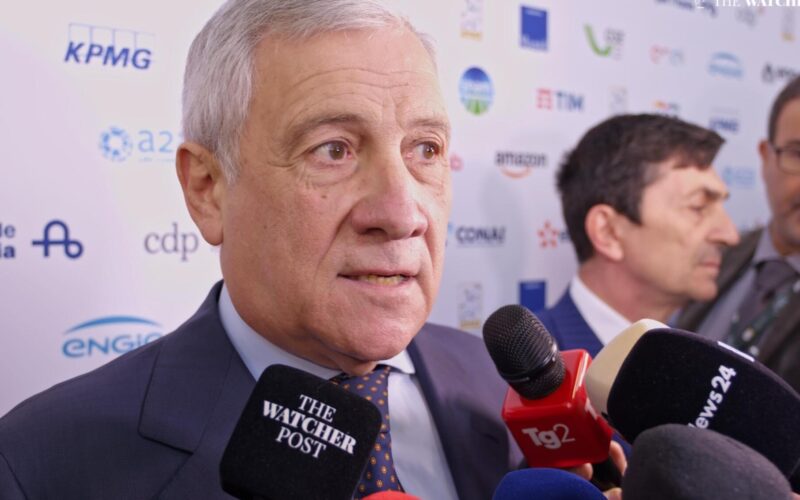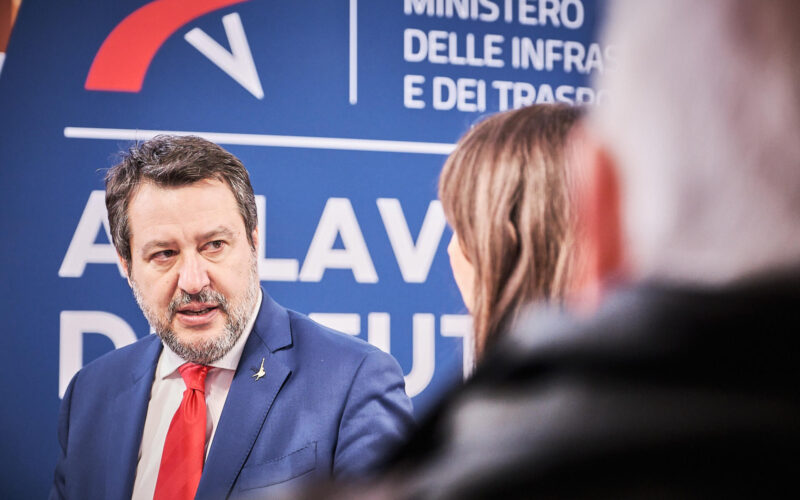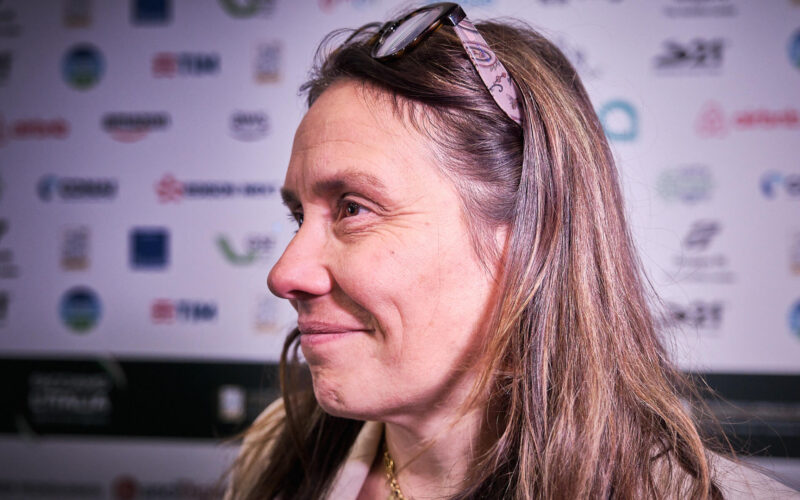Place Lux
EU closer to its climate goals as it celebrates the adoption of two key pillars of the Fit for 55
Di Zoe Ricci
Last week the Commission hailed the adoption of two key pillars of the Fit for 55 package – the Renewable Energy Directive and the REfuelEU Aviation Regulation – marking a significant milestone in the EU’s ambitious journey towards a more sustainable future. The Council reached this decision on Monday 9 October, just ahead of the UN conference COP28, and it will play a pivotal role in bringing the EU closer to achieving its 2030 climate targets and becoming a global leader in climate action and green transition.
With the adoption of these two pillars, the EU now has legally binding climate targets that wide spectrum of sectors within the European economy. More specifically, the Renewable Energy Directive, raises a binding renewable energy target for 2030 at a minimum of 42.5%, compared to the previous target of 32%, as a way to double the current share of renewable energy in the EU’s energy mix. Moreover, the Energy Efficiency Directive introduces a new EU-level target to improve energy efficiency by 11.7% by 2030, with a focus on annual savings and the importance of energy efficiency improvements for people affected by energy poverty.
On the other hand, the REfuelEU Aviation Regulation falls within the measures aimed at reducing CO2 emissions from the transport sector and seeks to increase the use of sustainable aviation fuels, such as advanced biofuels and hydrogen. It sets the obligation for EU airports and fuel suppliers to start progressively integrating green fuels from 2025 and provides the criteria for what fits the definition of sustainable fuels. Other than this, it also promotes the decarbonization of the aviation sector by envisaging an EU label for the environmental performance of flights. This will also allow passengers to compare the environmental performance of flights operated by different companies on the same rule and make informed decisions accordingly.
President of the European Commission Ursula von der Leyen expressed her satisfaction with the adoption of both initiatives, saying «The European Green Deal is delivering the change we need to reduce CO² emissions. It does so while keeping the interests of our citizens in mind and providing opportunities for our European industry. The legislation to reduce our greenhouse gas emissions by at least 55% by 2030 is now in place, and I am very happy that we are even on track to overshoot this ambition. This is an important sign to Europe and to our global partners that the green transition is possible, that Europe is delivering on its promises».
The Fit for 55 was first introduced in July 2021 and is one of the main components of the European Green Deal, and as of now, all of its proposals have been tabled, with only five still pending the approval of the Parliament and of the Council of the EU. Among these are the revision of the Energy Performance of Building Directive – which is expected to be adopted by the end of the year, following the successful trilogue held on 12 October – and of the Energy Taxation Directive, one of the most complex files in the package, on which talks are still ongoing. Other than those, the implementation of Fit for 55 measures is now beginning at a national level, and Member States are starting to work on their integration into their National Energy and Climate Plans. Building on the progress registered so far, the Commission called for the speeding up of the legislative process on the remaining files, to ensure their completion before the 2024 European Elections, and is planning on engaging in constructive dialogue with EU citizens and industries towards effective implementation of the European Green Deal.
All of this plays a crucial part in the EU’s plan to affirm itself as a leader in the green transition on a global scale and reaffirms the commitment to the cause, especially in view of the crucial COP28 UN Climate Conference, which this year will be hosted in the United Arabs Emirates from 30 November to 12 December. This year’s edition will focus on Technology and innovation, Inclusion, Frontline Communities and Finance, and it will provide a valuable occasion for the European Union to showcase its ambitious climate action efforts and projects.







